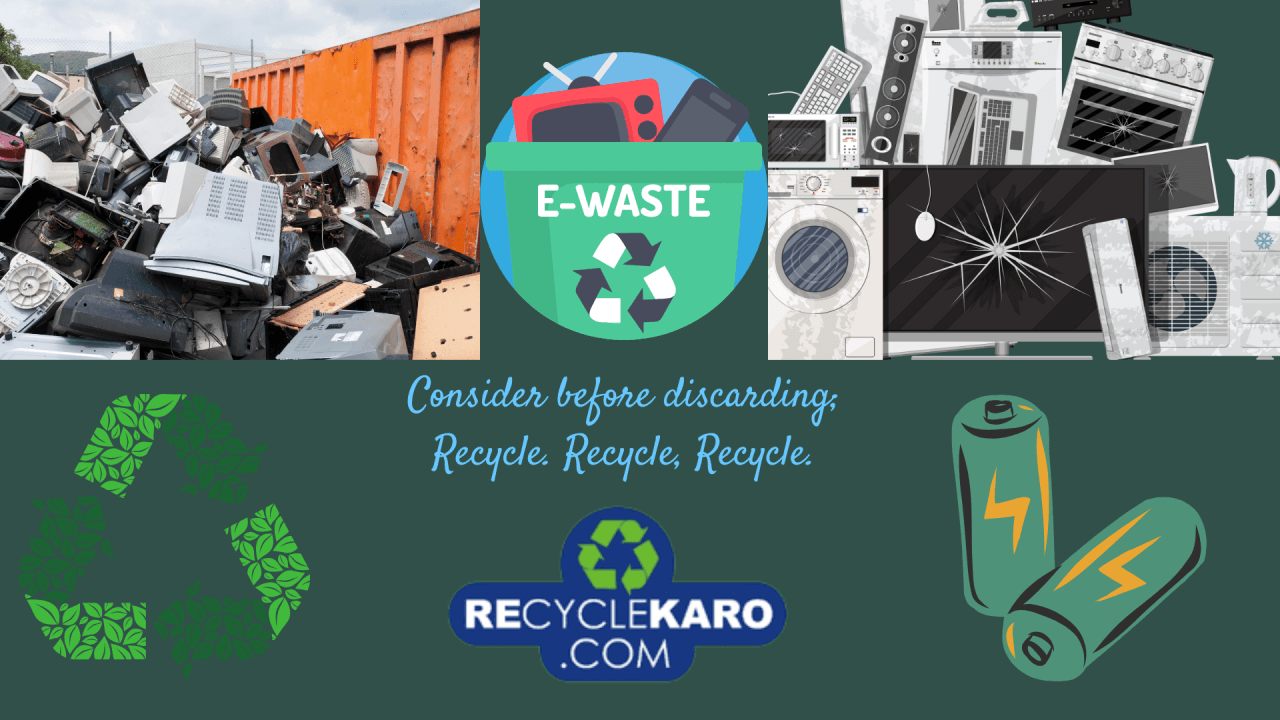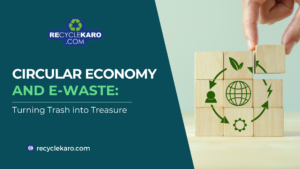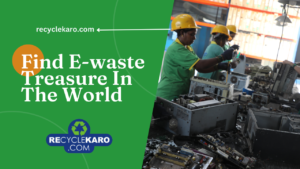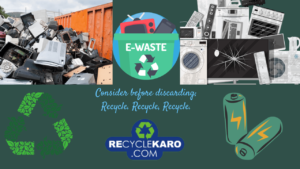Future Trends in E-waste recycling!!

The future of e-waste recycling is expected to be influenced by various significant trends and advancements:
Technological Improvements: As technology continues to advance, e-waste recycling methods are expected to become more efficient. This progress may involve improved sorting and separation techniques, enhanced extraction of valuable materials, and innovative methods for processing various types of electronic waste.
Circular Economy Programs: Governments, businesses, and consumers are increasingly acknowledging the significance of moving towards a circular economy model. This model focuses on designing products for reuse, repair, and recycling. This transition is expected to stimulate investment and innovation in e-waste recycling infrastructure and procedures.
Extended Producer Responsibility (EPR) Programs: Numerous countries are either introducing or enhancing Extended Producer Responsibility (EPR) programs. These programs make manufacturers accountable for disposing of their products at the end of their life cycle. This approach motivates manufacturers to create products that are easy to recycle and to support electronic waste collection and recycling systems.
Consumer Consciousness and Involvement: Increasing consumer awareness of the environmental effects of electronic waste will drive a surge in the need for sustainable recycling solutions. This could involve offering recycling incentives, establishing convenient drop-off points, and launching educational initiatives to promote correct disposal methods.
Cost effective sourcing: Traditional sources of raw materials are becoming scarcer and pricier, leading to increased curiosity in “urban mining” – the recovery of valuable metals and materials from electronic waste. Through advanced recycling technologies, these resources can be retrieved in a cost-effective and environmentally friendly way.
International Cooperation: With the electronics supply chain and e-waste trade being global in nature, international cooperation is crucial for efficiently handling e-waste. This involves exchanging best practices, aligning regulations, and aiding developing nations in enhancing their recycling capacities.
Developing Markets for Recycled Materials: With the growing demand for raw materials, companies engaged in e-waste recycling are poised to capitalize on the sale of reclaimed materials. This trend may spur the emergence of fresh markets and innovative business models focused on recycled materials.
In general, the future of e-waste recycling shows potential, but it will demand collaborative actions from governments, businesses, and consumers to stimulate innovation, enhance recycling facilities, and advocate for sustainable consumption and disposal habits..




